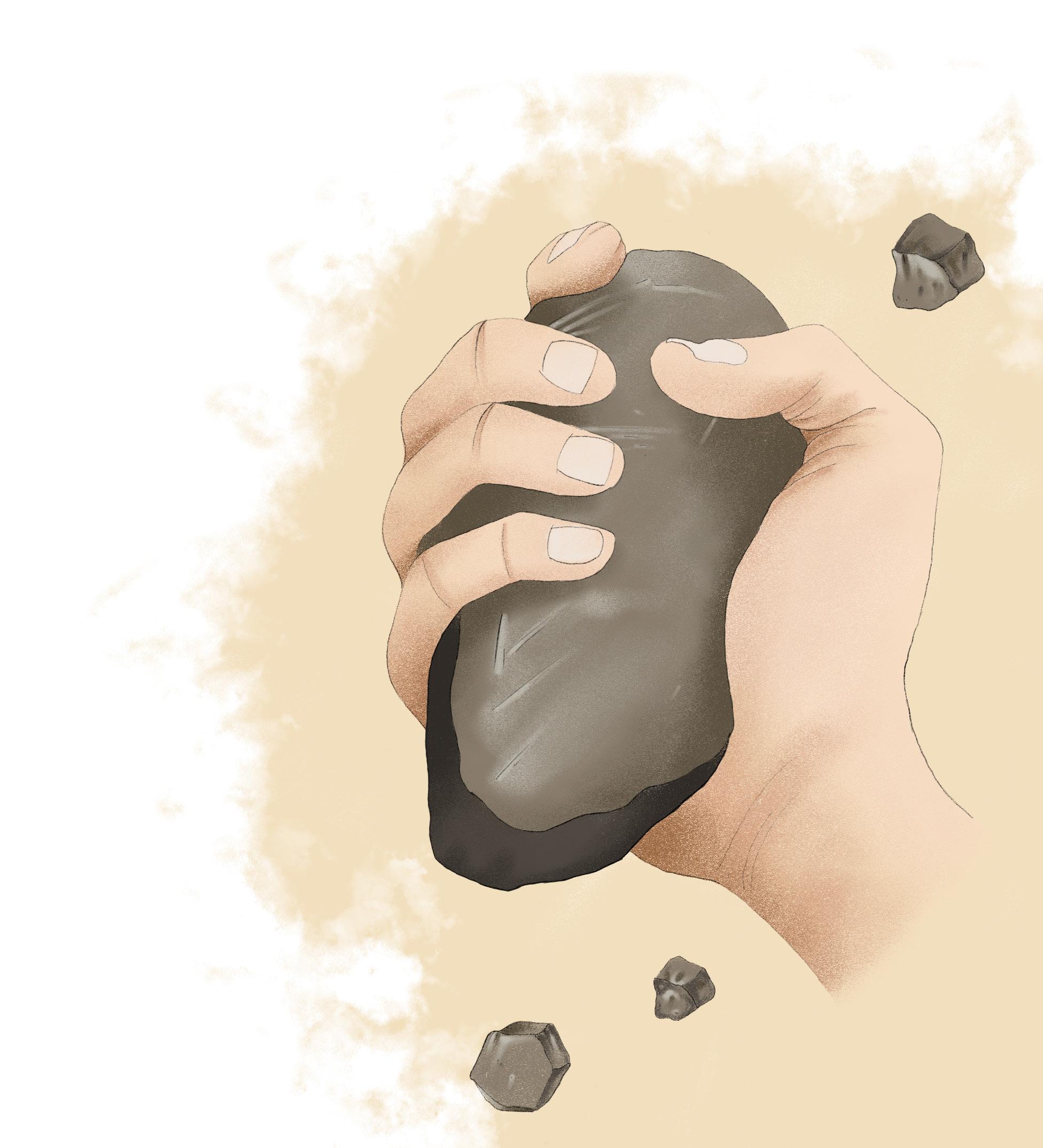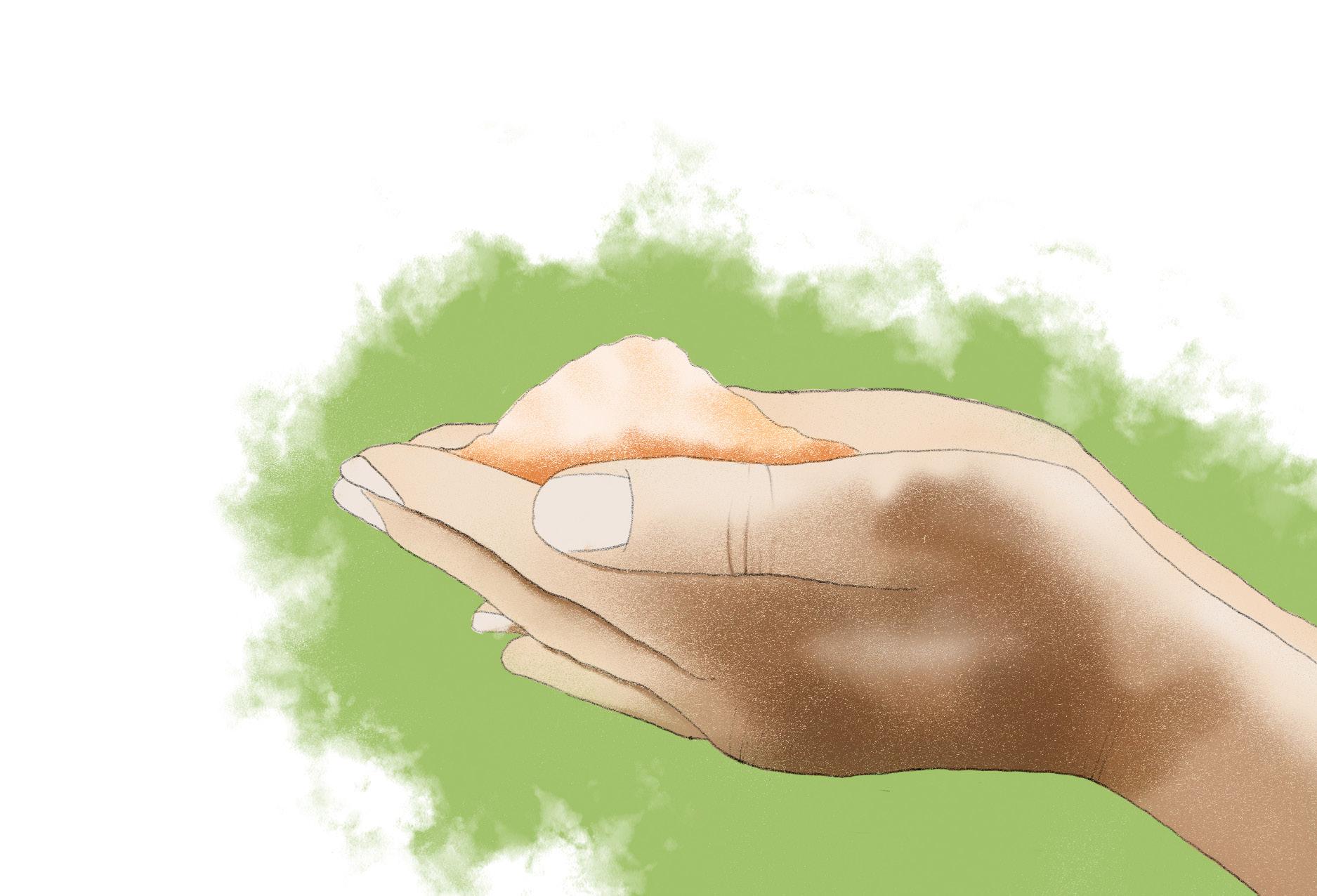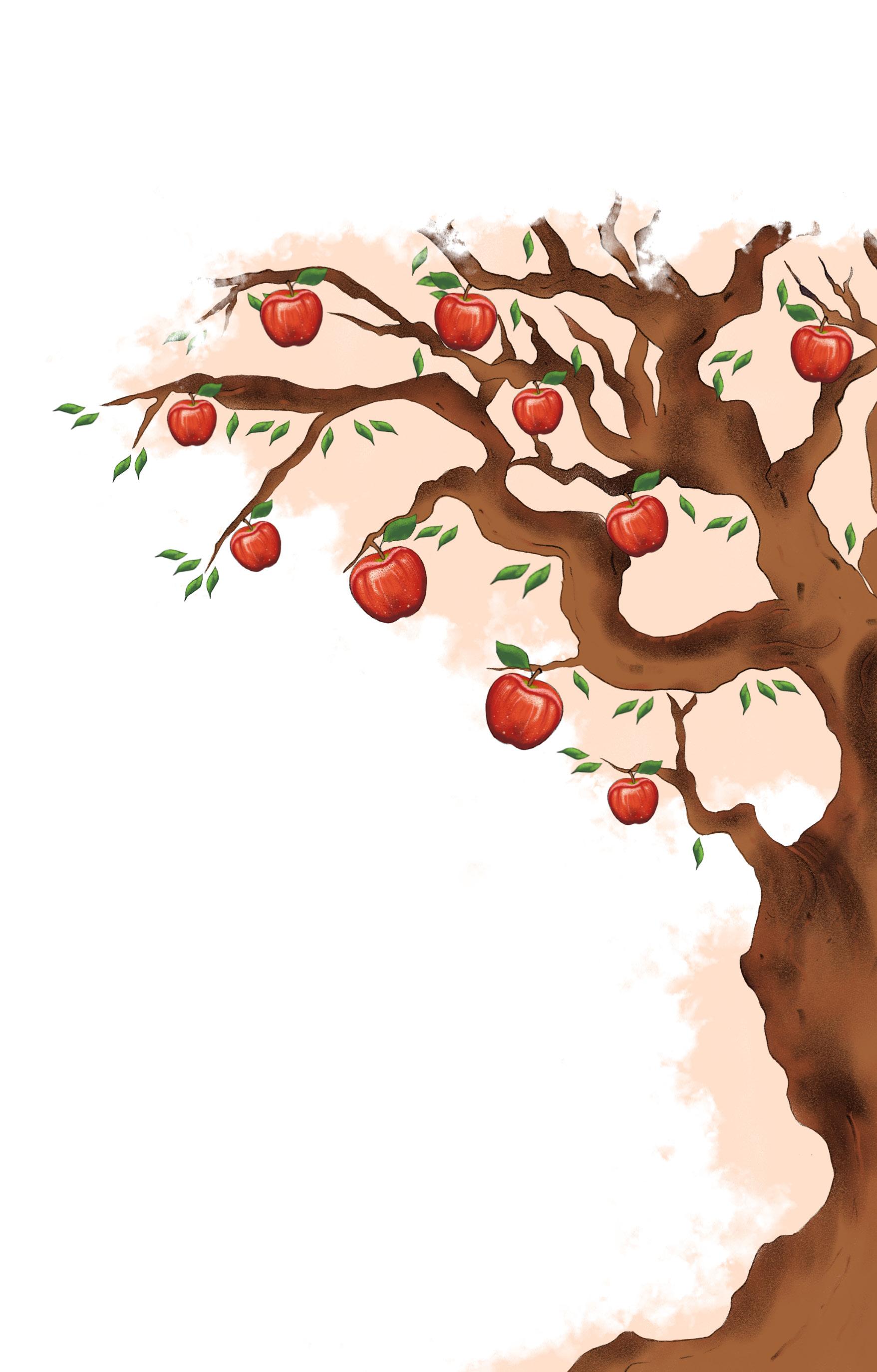The Young Master
The youth of ‘Abdu’l-Bahá
Stories for group discussion
 Compiled by Clara Avanzo and Kamran Namdar
Compiled by Clara Avanzo and Kamran Namdar

 Compiled by Clara Avanzo and Kamran Namdar
Compiled by Clara Avanzo and Kamran Namdar
When we think of ‘Abdu’l-Bahá, we usually have the mental image of an old, white-bearded Man, with divine wisdom and love. But of course, ‘Abdu’l-Bahá was not always old. He had a childhood and a period of youth. Even though the perfect example of ‘Abdu’l-Bahá is not bound to a certain age - love, kindness, generosity etc. are essentially the same at any age - there are perhaps different ways in which we can relate to the Master’s example at different ages. In order to offer young people in their teens an opportunity to identify with ‘Abdu’l-Bahá when He was at their age, we have collected all the stories from His childhood and youth that we could find. We can see ‘Abdu’l-Bahá’s perfection already at that age. Some of the stories have been complemented with others from when He was older to further clarify the example He sets us.
We have also thought of some questions and activities that we hope will help the young users of this material discuss the example of the Master, reflect on it, and find ways to follow it in their own personal lives. In this way, the text offered is meant to be primarily used by young people in small groups but, naturally, it is possible to reflect on the stories by oneself, too. The questions and activities offered are to get the users of the material going. It is hoped that they themselves come up with questions, activities, and scenarios of their own, perhaps using some of those offered here as a model.
It is with great love and admiration toward the rising generations and a genuine belief in their role as the spearhead of those engaged in creating a new world, a role that ‘Abdu’l-Bahá envisioned them having, that we offer this material. And this constitutes a humble expression of our love, gratitude, and admiration for our beloved Master, ‘Abdu’l-Bahá, as we commemorate the first century since His unique life on this earthly plane came to an end.
We are deeply grateful to Caroline Avanzo and Mayank Chauhan for their valuable assistance in getting this material edited, graphically designed, and illustrated. Without their selfless and professional input, this material would have never seen the light of day.
- Kamran Namdar & Clara Avanzo November 2021While in Europe, ‘Abdu’l-Bahá recalled the sufferings he endured as a child:

“At that time of horrible calamities and attacks by the enemies, I was a child of nine (counted in lunar years). My Muslim neighbors threw so many stones into our house that the courtyard was crammed with them. Because of that, Mother took us for safety to another place to live, and rented a house in a back alley where she kept us indoors and looked after us. But one day, we barely had any food left and Mother told me to go to my aunt’s house and ask her to find us a few qíráns (silver coins). I went and my aunt did what she could for us. She tied a five-qírán piece in a handkerchief and gave it to me. On my way home, someone recognized me and shouted: ‘Here is a Bábí’; then the children
in the street chased me. I found refuge in the entrance to a house. There I stayed until nightfall, and when I came out, I was once again pursued by the children who kept yelling at me and pelted me with stones*… When I reached home, I was exhausted. Mother wanted to know what had happened to me. I could not utter* a word and collapsed.”
• What is the moral of the story?
• Why do you think they were being bullied/persecuted?
• What is the most significant aspect of the story to you? Why?
• How does it resonate with your life experience?
• What can you do in your life to resolve this kind of situation?
• What should you do if you see someone being bullied?
(H.M. Balyuzi, ‘Abdu’l-Bahá - The Centre of the Covenant of Bahá’u’lláh, pp. 9-12)
When ‘Abdu’l-Bahá was a child, His Father, Bahá’ú’lláh became a follower of the Báb. The Bábis in Iran were persecuted* cruelly because of their beliefs. Thousands were tortured and killed in most cruel ways. At one point, two Bábis became so upset by this treatment that they lost their right mind and sense of judgement. They made a desperate attempt to shoot the king of Iran, Násiri’d-Dín Sháh. They did not even have a proper gun and they failed in their purpose. But this unfortunate incidence gave the officials in Iran a good excuse to increase their mistreatment of the Bábis.
The Master was only eight years old when Bahá’u’lláh, known as a leading Bábi, was imprisoned. Belongings in His house were
robbed, His lands and goods were confiscated, and His family, who had been very rich, suddenly became poor. One day, when He was in Europe, ‘Abdu’l-Bahá remembered the sufferings of those dark times:
“Detachment does not imply lack of means; it is marked by the freedom of the heart. In Tehran, we possessed everything at a nightfall, and on the morrow we were shorn of it all, to the extent that we had no food to eat. I was hungry, but there was no bread to be had. My mother poured some flour into the palm of my hand, and I ate that instead of bread. Yet, we were contented.”
(A. Honnold, Vignettes from the Life of ‘Abdu’l-Bahá, pp. 164-165)
• What is the moral of the story?
• What is the most significant aspect of the story to you? Why?
• What type of suffering is this story about?
• What is the difference between the type of suffering in this story and in the one before?
• How would you feel and react if something like that happened to you?
• What do you understand by the phrase “freedom of the heart”?
thou young in age and great in mind!
[There is] many a young child who is mature and grown up, and many an aged [one] who is ignorant and stupid. Growth and maturity are in intellect and understanding and not in age and duration of life.
(Tablets of ‘Abdu’l-Bahá Abbas, vol. 1, p. 181)
The youth must grow and develop and take the place of their fathers, that this abundant grace, in the posterity of each one of the loved ones of God who bore great agonies, may day by day increase, until in the end it shall yield its fruit on earth and in Heaven.

(From a Tablet by ‘Abdu’l-Bahá translated from the Persian)
• In what way is this message quite revolutionary?
• Why is it good and important that young people have a better understanding of things than those older than them?
• Is this statement an insult towards older people? Why?
• Share examples from your own life experience that show how this statement by the Master works in real life.
• In the phrase “intellect and understanding”, what is “understanding” referring to?